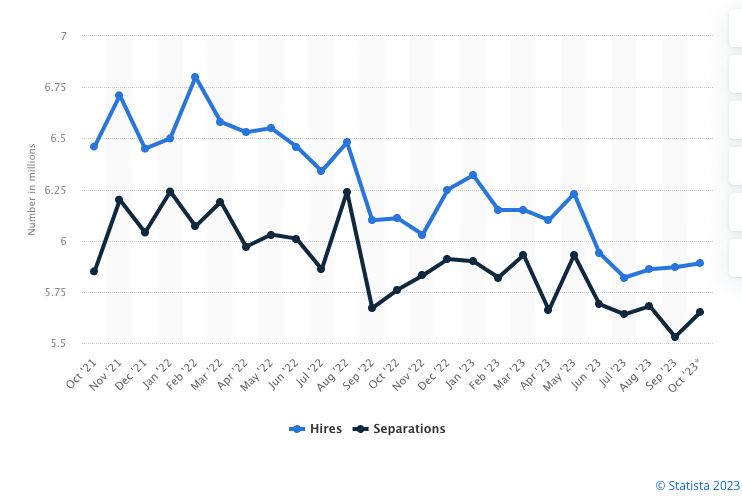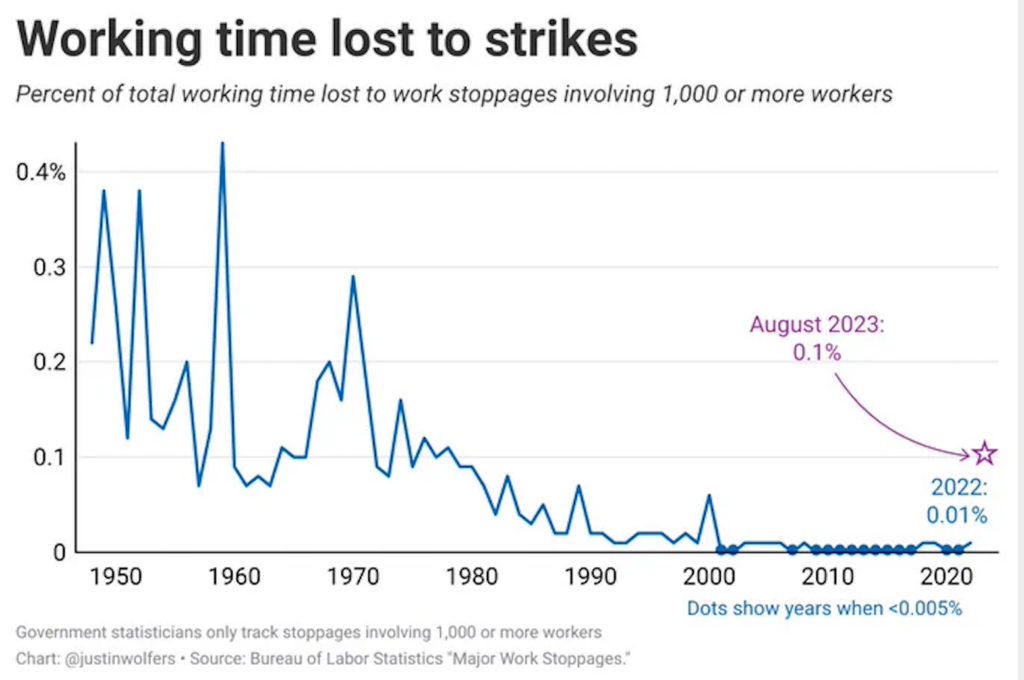The HR/TA/LOD/Payroll/Etc. conference season is upon us. I’ve got a new book launching at SHRM Talent in April, so it will be an especially busy season for me this year. I’m excited for 2024 for a number of reasons.
I think the one thing I enjoy about conference season more than any other is connecting with peers and friends in the industry. I have the most inspiring and challenging conversations at conferences. I’ve found lifelong friends at professional conferences. I genuinely find it an awarding and educational opportunity that I love being a part of.
It came to my attention late last year that a group of professionals is working to put together a movement called #OperationPurpleLight that helps protect individuals from getting assaulted at conferences. I’m not naive to the problem of mostly women getting drugged and raped in our society. I was shocked to hear the rate at which this happens at professional conferences. Especially at HR-related conferences, with a demographic upwards of 80%+ female, we have to find ways to keep all participants safe.
It’s disgusting that anyone would ever feel threatened at a professional conference to begin with, especially if the perpetrator is a peer! So, as you are out this season, make special note of the efforts by Operation Purple Light, the conferences that are supporting this effort, and what you can do personally to ensure the peers around you have an enjoyable and safe experience attending conferences!
What am I looking forward to?
- TransformHR – Vegas, March – Transform has a unique format where almost all of the content is done in a panel format with actual practitioners. Many of them are from SMB and Mid-enterprise organizations, and it leads to some amazing conversations that can really get into the weeds about the what, why, and how we do things!
- Michigan HR Day – Lansing, MI, April – 2,500 HR pros all coming into Lansing, MI, for a day full of content and development. It’s one of the largest HR conferences in the US at that number! And it’s in my backyard! How the heck?! Over 15 years ago, the governor of Michigan decided to declare the second Wednesday of April to be a state-wide day of celebration and development for HR, and this thing has gotten big! The majority of state SHRM conferences can’t get 2500 attendees!
- SHRM Talent – Vegas, April (I spend way too much time in Vegas) – Besides the aforementioned book launch, I’ll also be the closing keynote speaker at SHRM Talent this year. I’m super excited about that and a bit nervous. It’s a big crowd, but I’m speaking to my peeps, so that’s comforting. I believe this is the best Talent Acquisition conference currently running.
- HR Tech Europe – Amsterdam, May – The sister conference to the world’s largest HR Tech conference in Vegas, HR Tech Europe is going on the road overseas, and it will be an amazing show. The HR Tech Conferences are amazing, and I’ve gone every year for the past decade. This is one I won’t miss on my calendar.
- SHRM Annual – Chicago, June – Ted Lasso is keynoting!! Always huge. Always fun. I’ll be speaking and signing books. It’s the single largest HR conference on the planet, and really, no one else is even close. It’ll be 20,000+ HR pros in one place. If you ever have the ability to attend, it’s an HR bucket list must-do.
- RecFest USA Nashville – Nashville, September – This is an outdoor recruiting festival, big tents and all, in the heart of Nashville. There is nothing else like this on the planet! It’s completely unique, and I’m taking my entire TA team with me to this event this year. In 2023, the best TA conversations I had all year happened at RecFest!
- Workday Rising – Vegas, September – One of the fastest-growing and largest HCM suites in the world, Workday seems to be taking over the universe! Workday Rising brings together thousands of enterprise Workday clients for development, education, and a little bit of fun. If you’re a Workday client, you should be investing to send your team here.
- The HR Technology Conference – Vegas, September – If you’re an HR Technology nerd, like I am, this is another bucket list conference to attend. You’ve got the startup pavilion, Pitchfest competition, HR tech products of the year awards, and the biggest HR Tech expo in the world; it’s by far the top HR Tech conference on the planet.
This is just a tip of what’s available and out there for your own professional development. There’s been a giant growth of HR Tech user conferences as well – Workday Rising, Oracle World, LinkedIn Talent Connect, etc. are a few giant ones. This isn’t even getting into the SHRM state conferences, industry-specialized conferences, etc. Then you have local DisruptHR events, local SHRM events, etc. If you wanted to, you could go to an HR event every single week of the year.
Let me know if you’ll be attending any of these conferences that I’ll be at. I would love to connect and share ideas.


